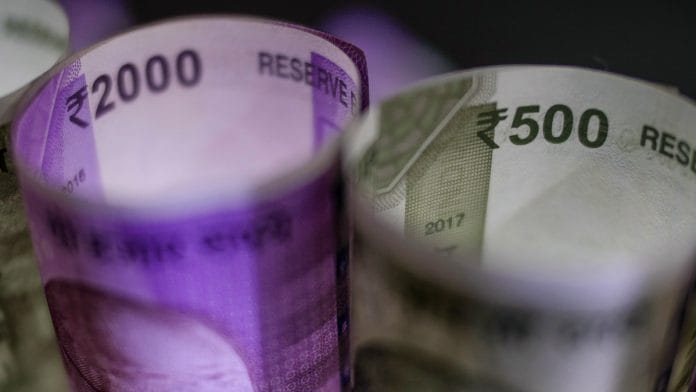Mumbai: Deal volumes in India are set to surge as embattled founders sell businesses to tide over a cash squeeze, according to Axis Capital Ltd., the investment banking unit of one of India’s largest private-sector lenders.
“As the funding situation erodes, founders are selling businesses to deleverage, or are raising equity to gain an edge over the competitors,” Chirag Negandhi, co-chief executive officer of Axis Capital, said in a recent interview at his office in Mumbai. “On the equity capital market side, most banks and non-bank lenders will have to keep tapping the market as the well-rated ones are finding more opportunities to grow.”
Indian tycoons from media mogul Subhash Chandra to Anil Ambani have been on an asset sale spree to pare debt as refinancing options dry up amid a prolonged shadow banking crisis. While the government and the nation’s central bank have announced a slew of measures to calm the credit market, investors are still wary as companies continue to delay or default on payments.
The financing squeeze has already taken a toll on the country’s economic expansion, which in turn erodes borrowers’ capability to repay further. The World Bank on Oct. 13 cut India’s economic growth forecast by the most among South Asian nations, saying the nation’s cyclical slowdown is severe and the weak financial sector is weighing on growth.
Axis Capital has the second largest market share in managing initial public offerings in India this year, right after ICICI Securities Ltd., data compiled by Bloomberg show.
The investment banking unit was an adviser on the sale of stressed GMR Chhattisgarh Energy Ltd. and also managed Larsen & Toubro Ltd.’s acquisition of stake in Mindtree Ltd. Meanwhile, the value of mergers and acquisitions in India has halved in 2019, compared to the same period in the previous year, the data showed.
Also read: RBI’s moves will end India’s credit crisis by December, says Rashesh Shah of Edelweiss
“There seems still a while before the credit market problems in India are behind us. However, in such difficult situations, mergers and acquisitions activity tends to pick up,” said Salil Pitale, co-chief executive officer of Axis Capital.
Negandhi and Pitale also shared their views on the outlook for initial public offerings and steps taken by the government to revive the economy. Comments in the following Q&A have been edited and condensed:
How is the $20 billion corporate tax cut helping companies?
Pitale: There is an obvious immediate boost in earnings. But more importantly, the corporate tax cut enhances long term competitiveness for Indian corporates, and makes available additional capital for reinvestment. And directionally, this goes a long way in improving business sentiments
Are the policy measures enough to revive the economy?
Negandhi: Once the lowest benchmark borrowing rates of the decade start transmitting to the consumers amid current low inflation and asset prices, domestic consumption will begin to come back. A fall in deposit rates is disincentivizing savings to give a further boost to consumption. Still, it is too early to say how soon the revival in sentiment can happen.
Most fund managers seem skeptical about a quick economic revival?
Negandhi: The fund managers understand that the cycle will turn soon and many of these midcap companies will start trading at higher prices. But as they answer on a daily net asset value basis they are constrained from making these long term bets. It is a tough job when you can see the worth but can’t back it with your money.
How soon do you see a revival in the IPO market?
Pitale: Any year in capital markets will pale in comparison to financial 2017-18, which was India’s best year ever. Issuers have to accept new pricing norms as in this market, valuations need to be clearly more attractive than what we have seen earlier. Good companies that are prepared to accept the new valuation reality, will still get windows of opportunity to tap the markets.- Bloomberg






